Have you ever wondered where your recycling goes after the yellow-topped wheelie bin is picked up? Have you heard the rumours that ‘it’s all just thrown into landfill’?
Katanning Landcare and Kojonup Landcare worked together to organise a tour of the local Warren Blackwood Waste Recycling facility in Kojonup on Wednesday 22
nd November. 37 people came along to find out first-hand what happens to the recycling collected in the eight shires serviced by the Warren Blackwood Waste company.
Warren Blackwood Waste services the Shires of:
- Cranbrook
- Lake Grace
- Katanning
- Kent
- Dumbleyung
- Broomehill-Tambellup
- Gnowangerup
- Kojonup
We encourage everyone to try to avoid using disposable items in the first place, and extend the life of any product you buy, but eventually things will need to be thrown away.
So, what happens when it’s time for your items’ end of life?
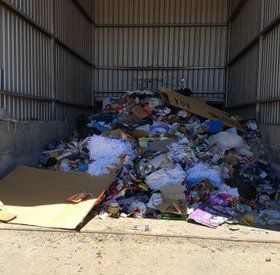
One day of recyclables collected from Katanning.
The contents of your yellow lidded wheelie bin are all brought to the Kojonup facility, where it is hand-sorted by three full-time employees, who pick out the paper, plastics, metals, and remove the contaminants. These are sorted by type and grade, and then baled into handy compact units. These bales are stockpiled until there is sufficient volume to secure a load to the next step in the recycling chain: everything ends up in Perth, and from there is usually shipped to China for processing.
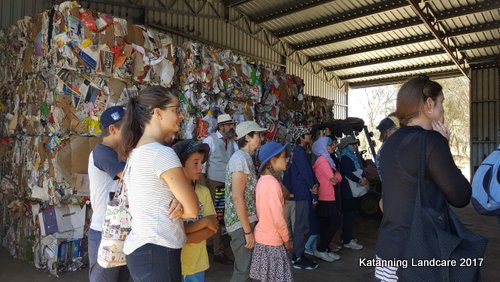
Bales of mixed paper waiting to be transported to Perth.
Warren Blackwood Waste’s recycling and sorting is done by hand, and as a result, they are able to manage a wider variety of recyclables than some of the larger automated systems you see in places like Perth. The difference being that a human being can tell if something is paper, or plastic, and therefore can pull out items that are forbidden in some councils – like plastic bags, shredded paper, household batteries, and smaller items.
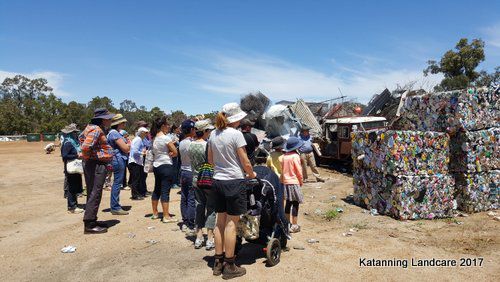
Steel bales – cans of all kinds, including aeresols.
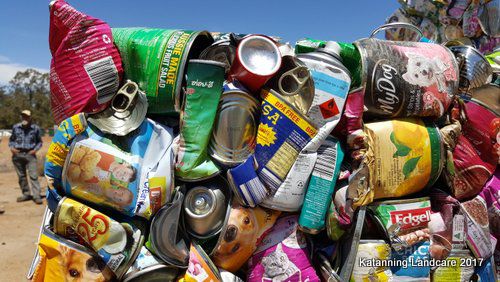
Close up of the steel bale. The paper is okay left on your tins, but if you can remove it, even better!
While there are some challenges with getting all the plastics recycled these days, particularly anything with a number 3 through to 7 marked on it (“other, low-grade plastics”) due to a ban on imports in China, Matt Webb, director of Warren Blackwood Waste, urged everyone to continue recycling these products.
“Just because there isn’t a market for them right now, doesn’t mean they need to go to landfill. We will continue to sort, bale and store anything that is recyclable as long as we have the space to do so. Eventually, this market will open back up and we will be ready to deliver.”
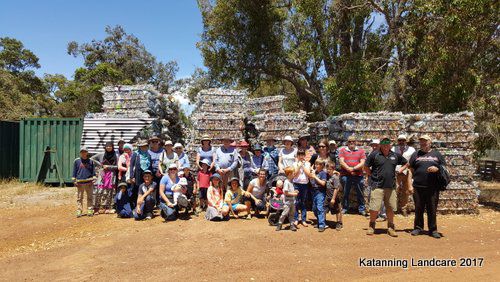
Tour participants with stockpiles of baled plastics
There are only a few things that aren’t recyclable that Matt and his team see come through the facility. “Styrofoam is a big no-no. Nothing about it is recoverable, and you should really be avoiding that at all costs,” says Matt. “And TetraPacks – you know, those long-life milk containers and little juice boxes – they just can’t be recycled. Pretty much anything where you have layers of different materials bonded together makes them unrecyclable.”
Matt also reminded the group to keep their recyclables out of bags. “Because we’re a small hand-sorting facility, we can take things others can’t, but please make sure that all of your recyclables are loose. People sometimes think they’re doing the right thing by bagging similar items together. We have a strict policy of bypassing anything in a bag due to the potential health risks. We need to be able to see what we’re handling.”
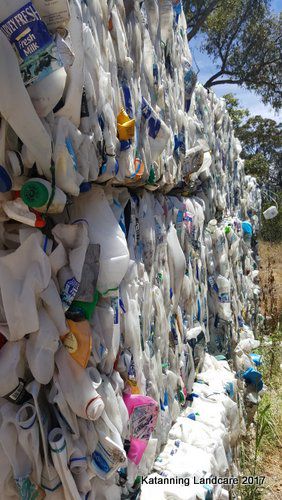
Milk cartons by the bale! Highly recyclable, but handy to give a rinse first!
It’s also good idea to give your recyclables a quick rinse. Things don’t need to be spotless, but it is nicer for the boys if they don’t have to deal with smelly rotten pet food or milk. A quick rinse at the end of your washing up will do it!
So, what can we put in our bins in these eight shires?
- Plastics of all types – with 1’s and 2’s being the most recyclable, but yes, you can put in ANY plastic, including plastic bags and plastics without numbers (the lower grade ones often aren’t stamped)
- Glass bottles and jars (no stemware, ceramics, or pane glass)
- Paper of all types, including shredded
- Cardboard of all types
- Aluminium – including cans, baking trays, foil rolled into large balls
- Steel cans – pet food, tinned food cans, metal aerosol cans
Matt’s advice to us: “If in doubt, put it in the recycle bin – we can sort it out and send to landfill what we can’t process.”
But before you recycle it …
Now, we at Katanning Landcare would like to remind you that just because something is potentially recyclable, doesn’t mean you have the green-light to use it.
Remember, the raw product had to be collected, manufactured, and shipped to you. And then when you send it off to recycling, it gets collected, sorted, baled, transported overseas again, and then no one can actually guarantee that it will be recycled and become a new product. That’s right! There is no guarantee this isn’t just going into a hole in China, or Indonesia, or landing in the ocean!
So do consider all of your choices carefully first.
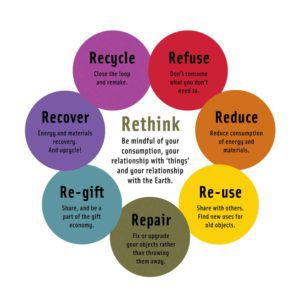
- Rethink! – “Do I actually need this? Is there a non-disposable alternative?”
- Refuse! – “No, I don’t need that straw, that disposable cup, that plastic water bottle…”
- Reduce – buy less of this stuff in the first place
- Reuse – keep everything you can as long as you can
- Repurpose, Repair, Re-gift – “Does this item have a potential second life somewhere else?”
- Recover, Rot – “Does this break down naturally?”
- Recycle – as the LAST resort
And if you have to pick a disposable package, try to prioritize it in the following way (this is specific to the 8 shires we are talking about, because the recovery options may vary in other local councils):
- paper
- aluminium
- steel
- plastics with a 1 or 2 (highly recyclable)
- glass (currently no glass in WA is recycled – in Kojonup it is crushed and used as a liner for the tip, but in other cases it is either crushed for use in roads or landfilled)
- plastics with 3-7 (This covers pretty much ‘everything else plastic’ whether it has a number or not, and includes plastic bags)
- styrofoam and tetrapacks (avoid at all costs!!)
Remember: your recycle bin is not for dirty nappies, electronics, food scraps, pet waste, wood, styrofoam, or packaging that has fused packaging – like blister packs that are plastic with foil fused on – these can’t be separated, so can’t be effectively recycled.
For some of the trickier items, you might have to find specialty recycling. Check out this list of ‘
Where to Recycle those Tricky Items in Katanning‘ for a jumping off point.
And if you want to learn more about how to avoid all this rubbish in the first place, and make less waste at home, why not sign up for the next round of the
10 Week Bin Transformation Program? Just fill in this quick form and we’ll send you an email when the next round in 2018 is ready to start!








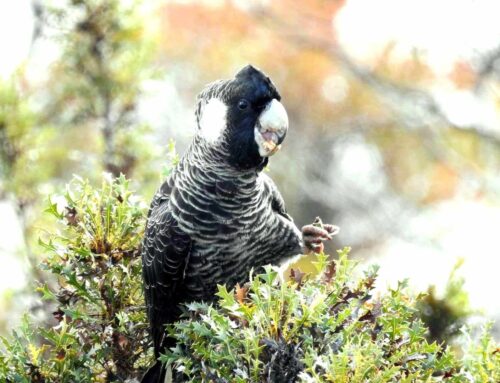
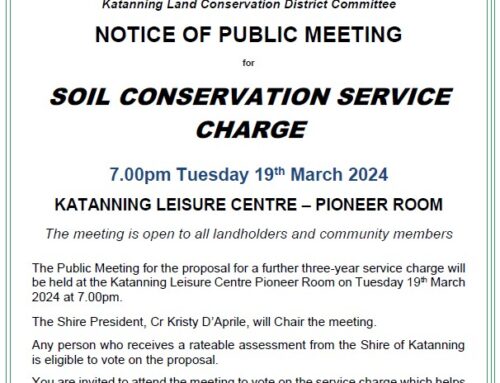
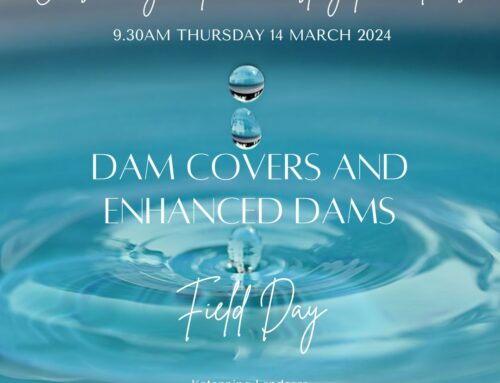
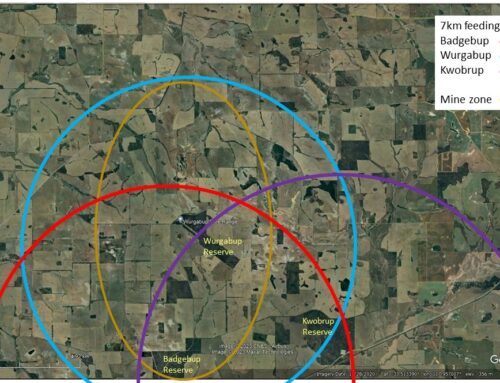
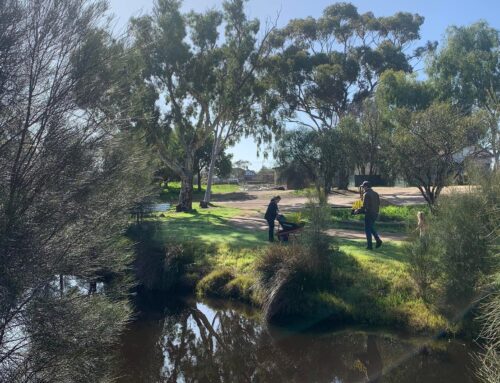
We are a small family business in Gympie Qld and we accept polystyrene for recycling , (most of it imported as packing for furniture etc) from many Gympie businesses.
It is then collected by the polystyrene factory in Brisbane who pulverise it and recycle it into Building Pods which goes under the concrete in new houses. They also collect the surplus “pods” from the building sites and recycle it again”
Greg, this is remarkable information! I had no idea that there way any way to reclaim polystyrene! This is great! What is your business? I’d love to highlight it at some point and share it with others – maybe they’ll be inspired to do the same!?
Andrea